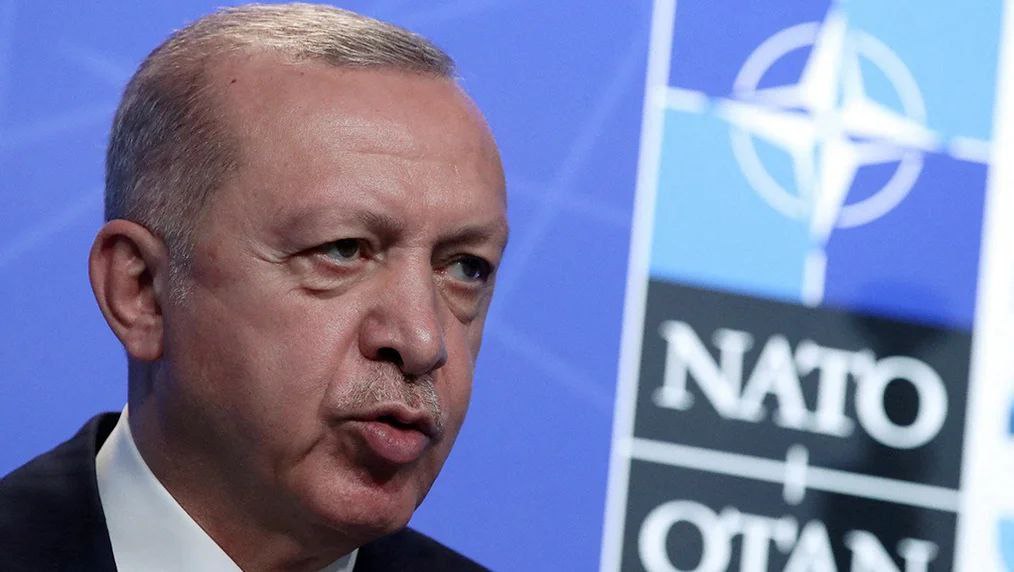Ankara, Turkey – In a significant geopolitical development, President Recep Tayyip Erdogan of Turkey has signed Sweden’s NATO accession protocol, marking a pivotal step in Sweden’s bid to join the North Atlantic Treaty Organization. The move has raised eyebrows worldwide and garnered mixed reactions from various stakeholders, as the protocol now awaits parliamentary ratification in Turkey.
The decision comes amidst a backdrop of shifting alliances and geopolitical realignments in the region. Turkey, a long-standing NATO member since 1952, has been pivotal in bridging the gap between Western and Middle Eastern interests. This move indicates Turkey’s intent to further solidify its position within NATO and potentially strengthen its influence within the alliance.
Sweden’s application to join NATO has been under consideration for several years, with the country expressing a growing interest in enhancing its security cooperation with the alliance. The move reflects Sweden’s concerns over regional security in the Baltic Sea region, heightened tensions with Russia, and a desire for increased military collaboration with NATO member states.
President Erdogan’s decision to sign the accession protocol has been met with mixed reactions, both within Turkey and internationally. Here are some of the key perspectives:
Turkey’s Strategic Calculations
President Erdogan’s approval of Sweden’s NATO accession protocol can be seen as a strategic move to maintain Turkey’s relevance in the alliance. Turkey has recently faced diplomatic challenges with some NATO members, particularly the United States, over issues such as the purchase of Russian S-400 missile defense systems and differences in the Syrian conflict. By endorsing Sweden’s accession, Turkey may seek to strengthen its diplomatic standing within NATO.
Geopolitical Implications
The signing of Sweden’s NATO accession protocol underscores the evolving geopolitical landscape in Europe and the Baltic Sea region. It is likely to be viewed with concern in Moscow, given the ongoing tensions between NATO and Russia. Additionally, this move may influence other non-NATO countries in the region to consider similar steps.
Domestic Concerns
Within Turkey, there are mixed reactions to President Erdogan’s decision. Critics argue that it raises questions about Turkey’s commitment to its traditional allies, especially given its historical role as a bridge between East and West. Proponents, on the other hand, contend that it strengthens Turkey’s hand within NATO and bolsters its security interests.
NATO Unity
Sweden’s potential accession to NATO has been welcomed by many Western NATO members, who see it as a positive step towards strengthening the alliance’s defense capabilities. However, it also highlights the challenge of maintaining unity within the alliance, given the divergent interests and priorities of its member states.
While President Erdogan’s signature on Sweden’s NATO accession protocol is a significant step, it is important to note that the protocol still needs to be ratified by the Turkish parliament. The outcome of this parliamentary vote will be closely watched, as it will ultimately determine whether Sweden officially becomes a member of the alliance.
In the coming weeks, as the protocol goes through the ratification process in Turkey, the international community will be watching closely to see how this decision impacts NATO’s dynamics and regional security in the Baltic Sea area. The future of Sweden’s NATO membership and Turkey’s role within the alliance remain subjects of keen interest and debate on the global stage.
